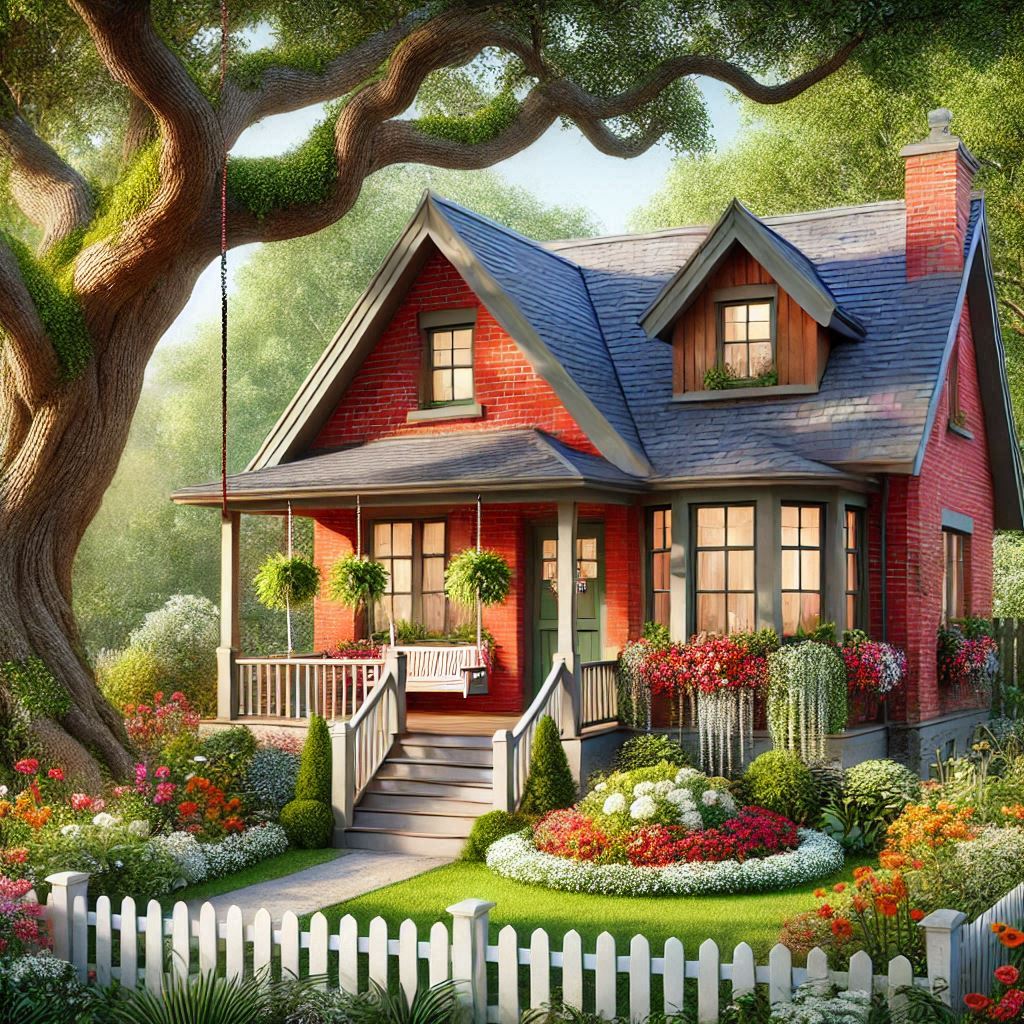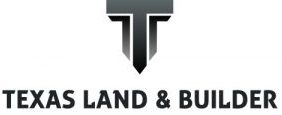When designing a home, homeowners face an essential question: prioritize efficiency or embrace luxury through architectural uniqueness? Rectangular homes and irregularly shaped homes each offer distinct advantages and challenges. This article explores the efficiencies of a rectangular home compared to the aesthetic and functional appeal of irregular designs, helping you make an informed decision when planning your custom build.
The Case for Rectangular Homes: Efficiency and Simplicity
1. Cost-Effectiveness
Rectangular homes are cost-efficient due to their straightforward design. Simplicity in construction translates into savings in materials, labor, and time. With fewer corners, less framing material is required, and construction crews can work more efficiently. Additionally, rectangular homes minimize waste, as standard building materials like plywood and drywall are designed for rectangular dimensions.
2. Energy Efficiency
Rectangular homes often achieve superior energy efficiency because their compact shapes reduce surface area. Fewer walls and rooflines mean less exposure to external elements, leading to lower heating and cooling demands. This design is particularly advantageous in climates like Texas, where air conditioning can be a significant expense.
- Insulation Benefits: With fewer irregularities, insulation can be installed more evenly and effectively.
- Window Placement: Rectangular designs simplify strategic window placement for natural light and ventilation, further reducing energy costs.
3. Functionality and Flexibility
The straightforward geometry of rectangular homes maximizes usable interior space. Open floor plans are easier to implement, and furniture placement becomes more versatile. This shape also lends itself to future modifications or expansions, as additional rectangular wings can integrate seamlessly into the design.
4. Faster Construction Timelines
A rectangular home’s simplicity accelerates the construction timeline. Builders can complete framing, roofing, and finishes more quickly, allowing homeowners to move in sooner. This efficiency can also reduce labor costs significantly.
The Luxury of Irregularly Shaped Homes: Beauty and Personalization
1. Architectural Appeal
Irregularly shaped homes offer unique, eye-catching designs that stand out. The non-linear forms create visual interest and can blend harmoniously with natural landscapes. In upscale neighborhoods or rural settings, this individuality often becomes a selling point.
- Curb Appeal: Unique angles, curves, and rooflines can dramatically enhance a home’s exterior aesthetics.
- Integration with Nature: Irregular shapes allow designers to work around trees, hills, or water features, creating a seamless connection between the home and its environment.
2. Interior Design Opportunities
Irregular shapes enable highly customized interiors with distinct zones and features. For example:
- Bay Windows and Alcoves: These can create cozy reading nooks or dramatic lighting effects.
- Multifunctional Spaces: Unique angles may carve out spaces for specific uses, such as a home office or meditation corner.
3. Prestige and Status
An irregularly shaped home is often perceived as a symbol of luxury and creativity such as the homes in Cordillera Ranch. The added complexity and craftsmanship signal that the homeowner has invested in a custom, high-end design.
4. Maximizing Lot Potential
Irregularly shaped homes are ideal for unconventional lots, making efficient use of land that may otherwise be challenging to build on. By adapting to the terrain, these homes can achieve harmony with their surroundings while making the most of available space.
Efficiency vs. Luxury: Weighing the Pros and Cons
Rectangular Homes
- Pros:
- Lower construction and material costs
- Greater energy efficiency
- Faster build times
- Easier maintenance and repairs
- Cons:
- May lack architectural variety
- Limited customization options without additional design effort
Irregularly Shaped Homes
- Pros:
- Unique and prestigious appearance
- Customizable to specific lifestyles and needs
- Harmonizes with challenging landscapes
- Cons:
- Higher construction costs
- Longer build times
- Potential energy inefficiency due to increased surface area
- Maintenance can be more challenging
Finding Balance: Hybrid Designs
Homeowners who want the best of both worlds can opt for a hybrid approach. By starting with a rectangular foundation and incorporating unique elements like bay windows, atriums, or angled wings, it’s possible to achieve a balance between efficiency and luxury. This strategy allows for a manageable budget while still adding distinctive architectural features.

Conclusion
The decision between a rectangular home and an irregularly shaped one depends on your priorities. If cost, efficiency, and functionality are paramount, a rectangular design is the clear choice. However, if you value architectural uniqueness and are willing to invest in luxury, an irregularly shaped home offers unparalleled opportunities for creativity and self-expression. Understanding the trade-offs ensures you’ll create a home that suits your lifestyle and aspirations.
